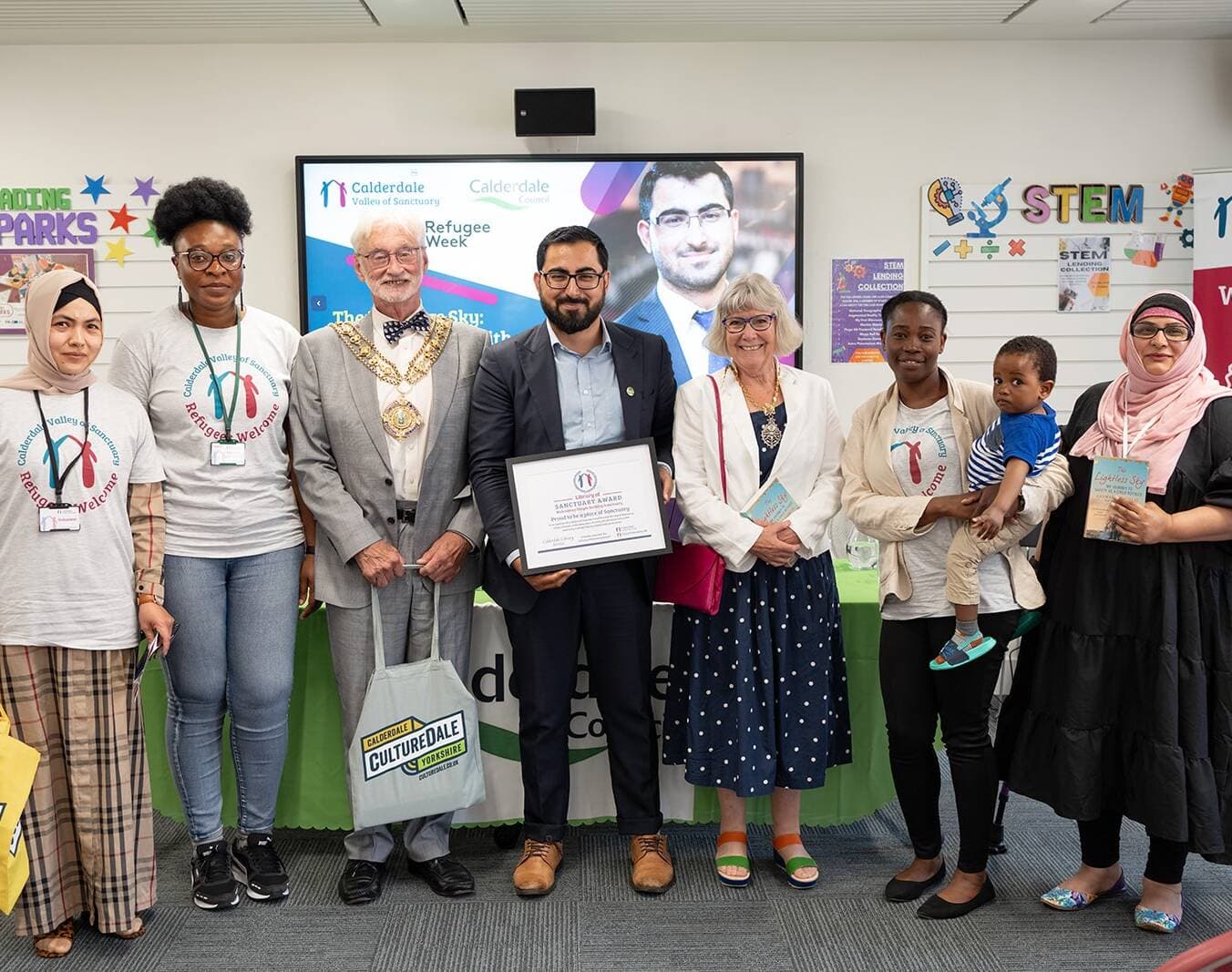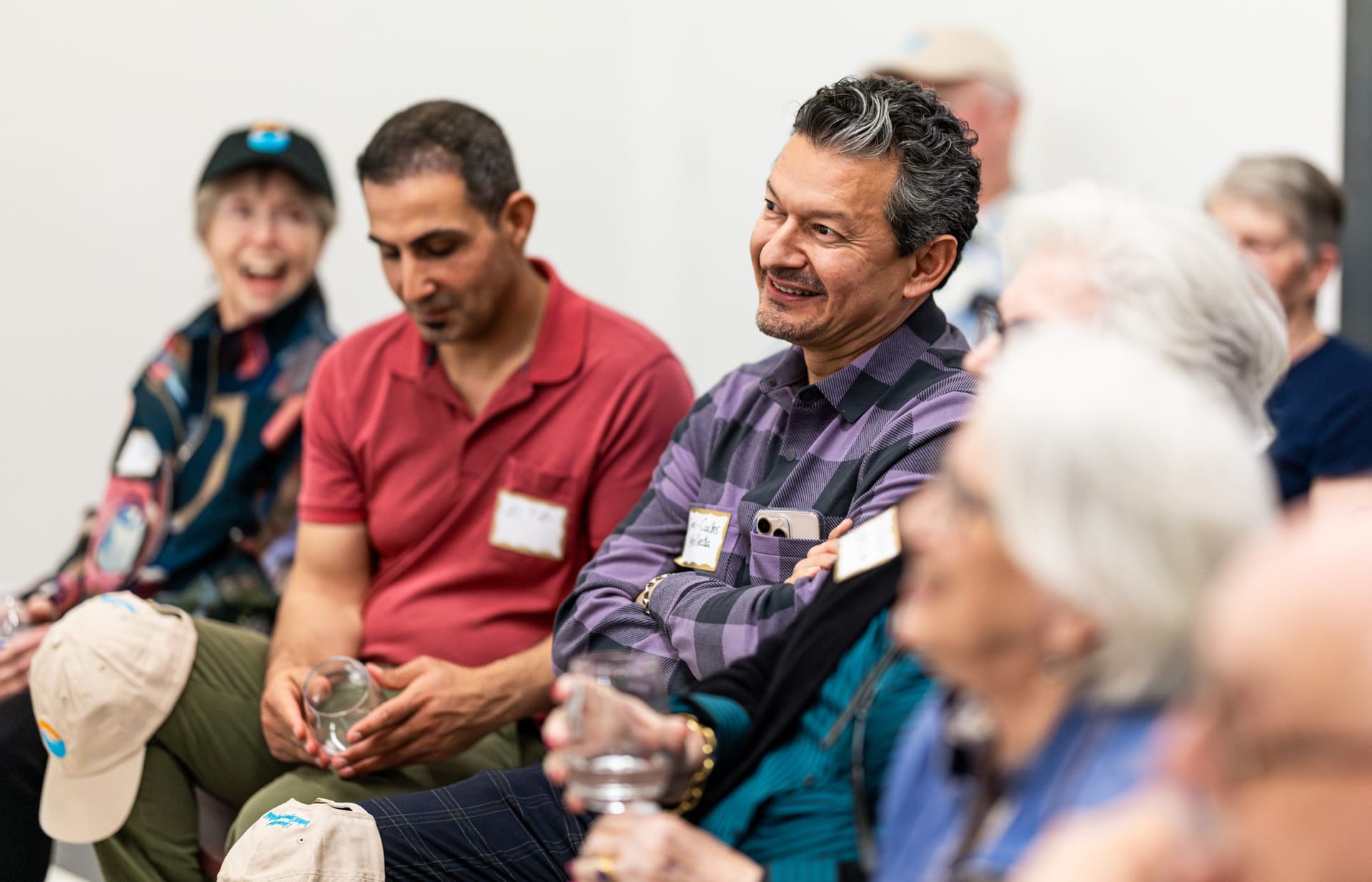Author Rebecca Grant Explores Abortion Underground, Reproductive Freedom History
On Wednesday, November 19, 2025, journalist Rebecca Grant presented her book Access, surveying six decades of the reproductive freedom movement from the days before Roe v. Wade through the impacts of Dobbs and recent developments. The event at the Ford Alumni Center drew a local audience and an online viewership, highlighting policy and civic implications for Lane County residents.

Rebecca Grant addressed an audience in the Giustina Ballroom at the Ford Alumni Center in Eugene on Wednesday evening, recounting investigative reporting that traces the reproductive freedom movement across a span of roughly 60 years. The program, sponsored by the Wayne Morse Center and presented as part of the Margaret Hallock Program for Women’s Rights, drew community members and streamed live for viewers unable to attend in person.
Grant framed the topic as a long running contest over law, medical practice, and cross border networks that provide care and information. Her talk incorporated global examples such as Women on Waves and Aid Access, and reviewed shifts in legal doctrine from the era before Roe v. Wade through the Dobbs decision and its aftermath. The presentation underscored how legal rulings, regulatory action, and transnational initiatives have reshaped access to reproductive health services in ways that affect individuals and communities at the local level.
For Lane County residents, the event served as more than a book talk. It offered context about how institutional decisions at the state and national levels translate into access and service delivery on the ground. Grant’s reporting highlighted the role of underground and international mechanisms that people and providers have used to navigate restrictive regimes, underscoring the unevenness of access depending on geography, institutional capacity, and local policy choices.
The program’s public format was intended to broaden civic engagement. The session was free and open to the public with no registration required, and a livestream link was made available on the event page to reach a wider audience. Organizers said the goal was education and discussion, connecting readers and residents with a historical and investigative account of reproductive rights and practical responses to legal change.
Policy implications raised by the presentation include questions about the resilience of local health systems, the regulatory environment that governs providers and pharmacies, and the role of community organizations in meeting demand for care. Institutional analysis suggests that courts and legislatures continue to play decisive roles, while cross border providers and online services complicate enforcement and oversight. For voters and civic actors in Lane County, those dynamics mean that local elections, state policy debates, and civic participation remain central to shaping access and accountability.
The event concluded with time for questions and provided local residents an opportunity to engage directly with a reporter whose work connects investigative detail to broader policy trends. By situating contemporary developments within a six decade arc, Grant’s presentation aimed to inform community conversations about rights, health care delivery, and democratic responsibility.


